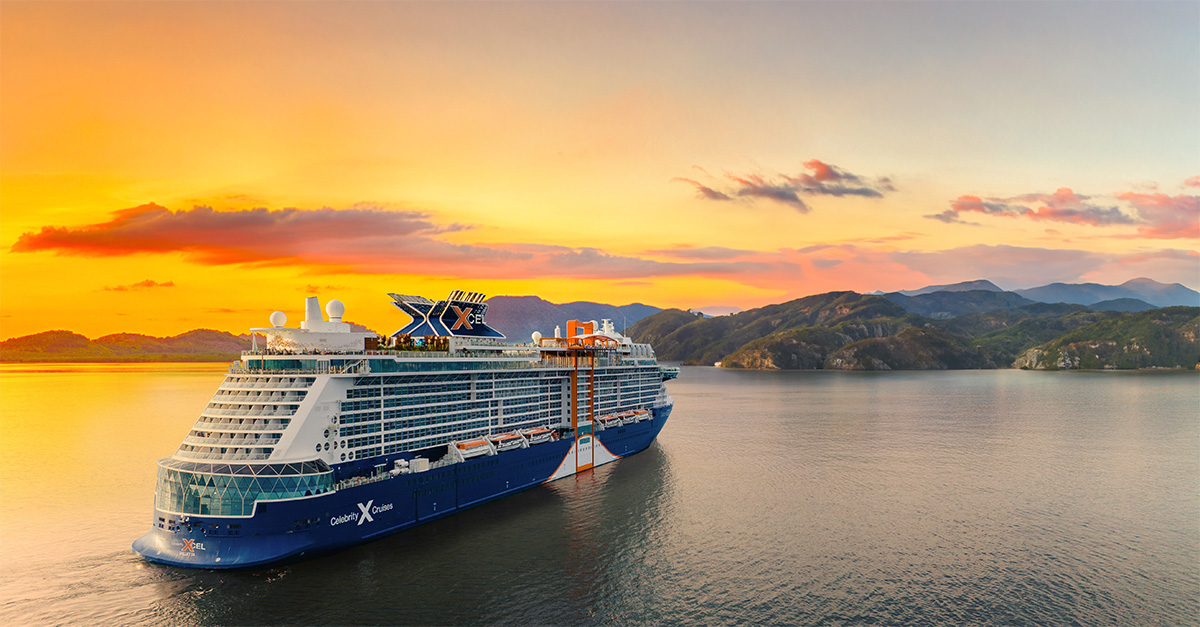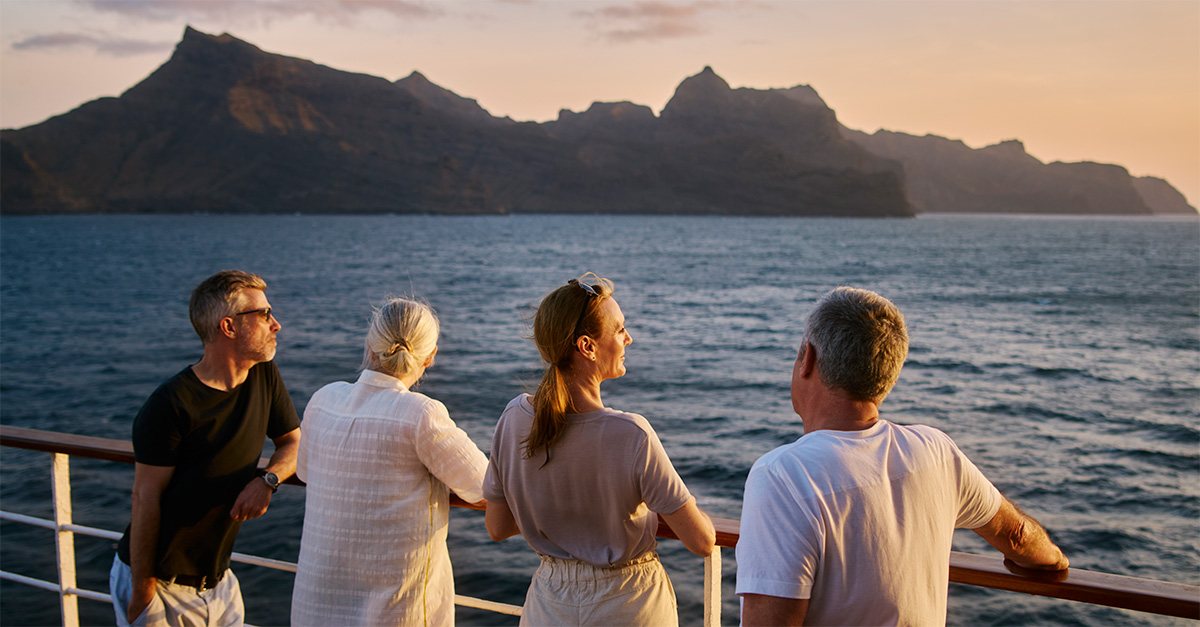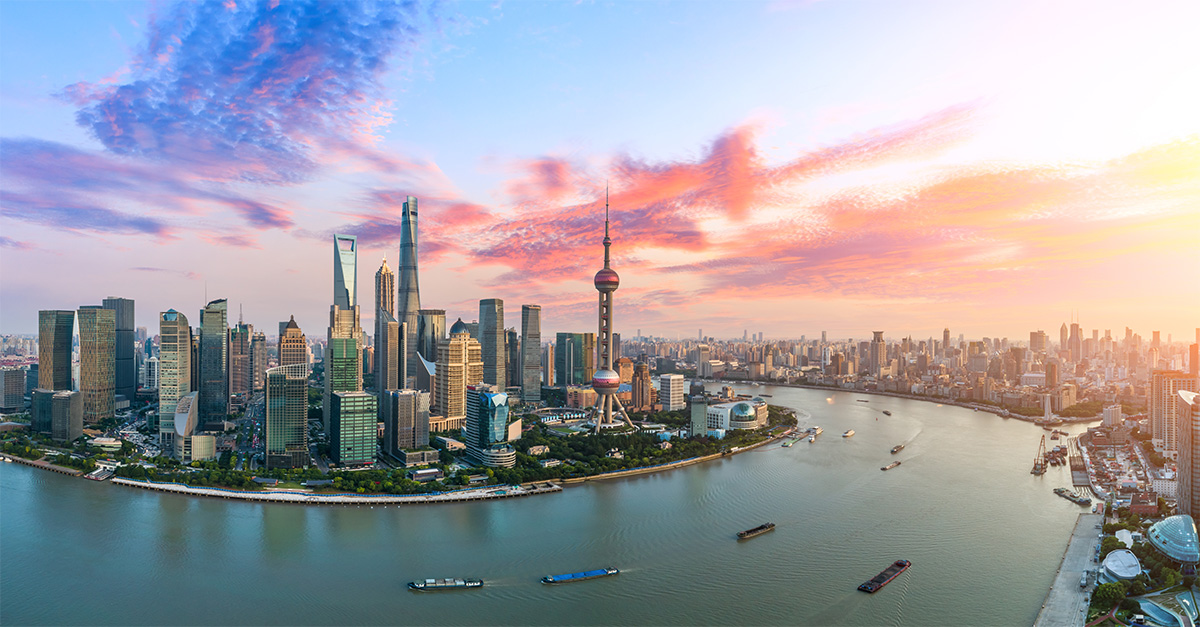Replica clothing produced by robots and luggage that can be traced electronically – these are just some of the predictions of futurologist Ray Hammond. Ross Bentley reports.
For an idea of what innovations we can expect in 20 or so years’ time, you could do worse than ask Ray Hammond. He has, after all, written a book on the subject – The World in 2030 – which was published at the end of last year.
For more than 25 years Hammond has researched and spoken on how future trends will affect society and business. And long before the mainstream media were talking about things like the dangers of climate change and the commercial potential of the internet, he was writing about them.
But what is the outlook for travel and tourism over the next two decades? Travel Weekly looks ahead with Ray Hammond.
The cost of travel
Hammond says the competition for energy resources will only intensify as time goes on – pushing the cost of fuel and air tickets skyward.
But, in the long run, this may not be such as bad thing as it will force both airline and cruise ship operators to look seriously at alternative, greener ways of powering their machines.
He said: “Next year’s Climate Change conference in Copenhagen – a follow-up to the Kyoto conference – is expected to impose a carbon tax on the shipping and aviation industries.
“This will sharpen minds and over the next 15 to 25 years we will start seeing ships that run partly on electricity and partly on diesel, as well as aircraft that are powered by biofuels.”
Travel delays
“There is no way we can predict exactly how the climate crisis will affect weather patterns. The only certainty is that, in the future, we are going to experience more extreme types of weather,” said Ray.
This will undoubtedly mean that more cruises and flights are delayed, cancelled or diverted to avoid adverse conditions.
“Disruption will increasingly become part of the travel experience,” he added.
Smart travel
Ray also predicts we will find ourselves travelling in an increasingly smart world where everything is connected to everything else.
Already, jet engines in aircraft constantly transmit information about their performance to a satellite, which in turn sends the information onto a monitoring centre where things such as vibration levels and fuel consumption are constantly looked at.
This means engineers on the ground know well in advance of the pilot if there are any problems – an innovation that has led to much safer air travel.
Hammond believes this type of technology will become ubiquitous.
He said: “If I travel into Vienna by train from the airport, I will soon be able to use my hand-held device to access maps and restaurant reviews, and to even find out if anyone in my contacts book has written a review.
“Lamp posts will be used to transmit tourist information and chips will be embedded in the walls of tourist attractions to provide you and your device with a guided tour as you walk around.”
Luggage
According to Hammond, luggage tags of the future will use technology that allows you to trace your suitcase’s whereabouts at all times.
“Ultimately, this will integrate with a computerised baggage-handling system that will enable luggage to deliver itself,” he said.
However, there may be no need to carry luggage if one of Ray’s other predictions bears fruit. He thinks in less than 20 years time we won’t pack any clothes as they will be made and ready for us at our holiday or business travel destination.
He added: “Packing clothes is one of the big frictions of travel but I can see that changing.
“The cost of producing clothing today is incredibly low – I can now buy a pair of jeans in Primark for £4. I can see a time where we will simply swipe the barcode with information about the size and style of our existing clothes into a computer.
These will be replicated by low-cost robot labour and be waiting for us when we arrive.”
The grey market
Ray believes the next 20 years will herald some important breakthroughs in medicine, which will see people living longer and remaining active much later into life.
He said: “As the baby boom generation start retiring they won’t want to settle down. Expect to see more people in their 60s and 70s looking for adventure and requesting more skiing or trekking holidays.
Ray also predicts a sharp rise in “learning tourism” where groups travel to destinations and incorporate sightseeing with informative talks and seminars.




